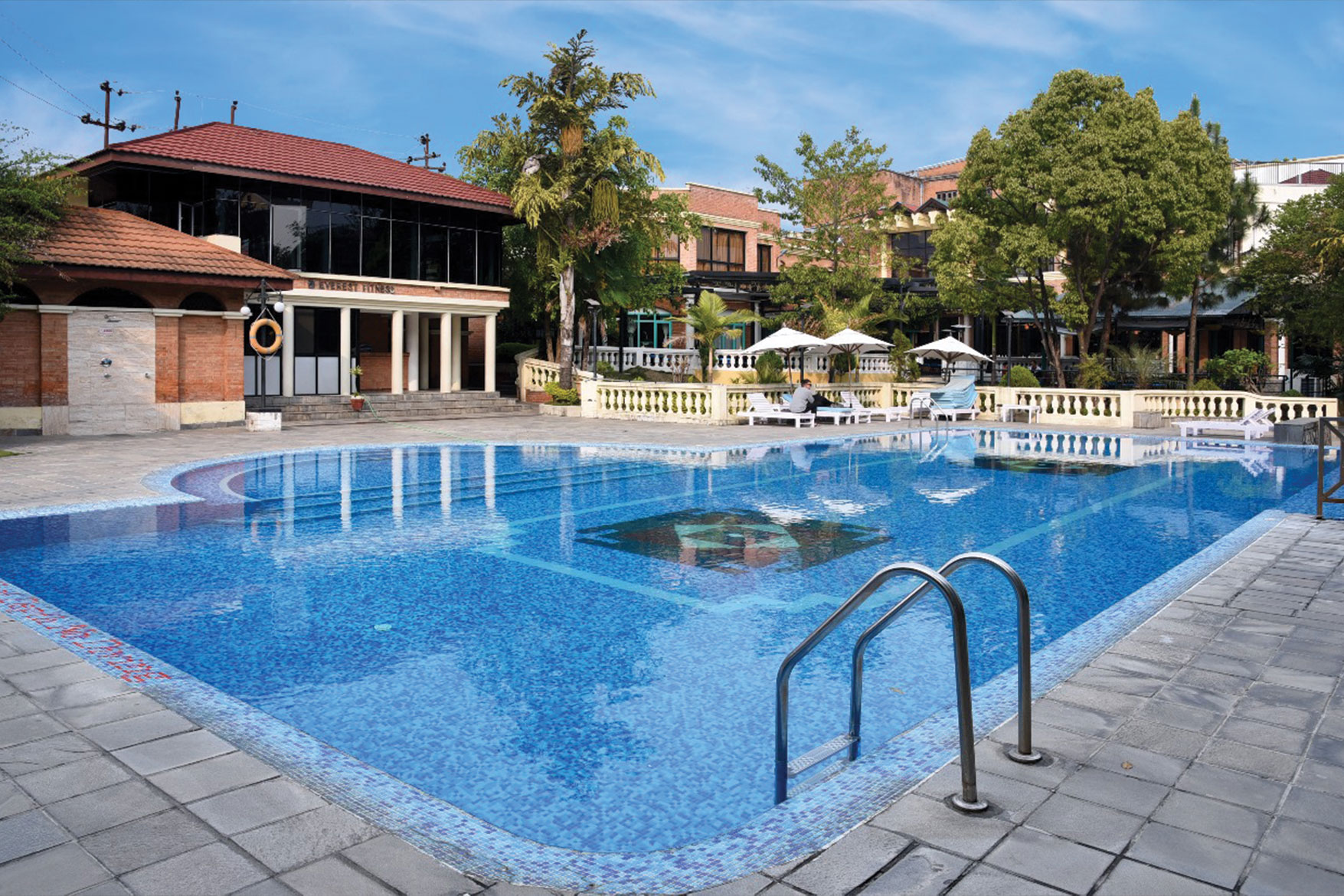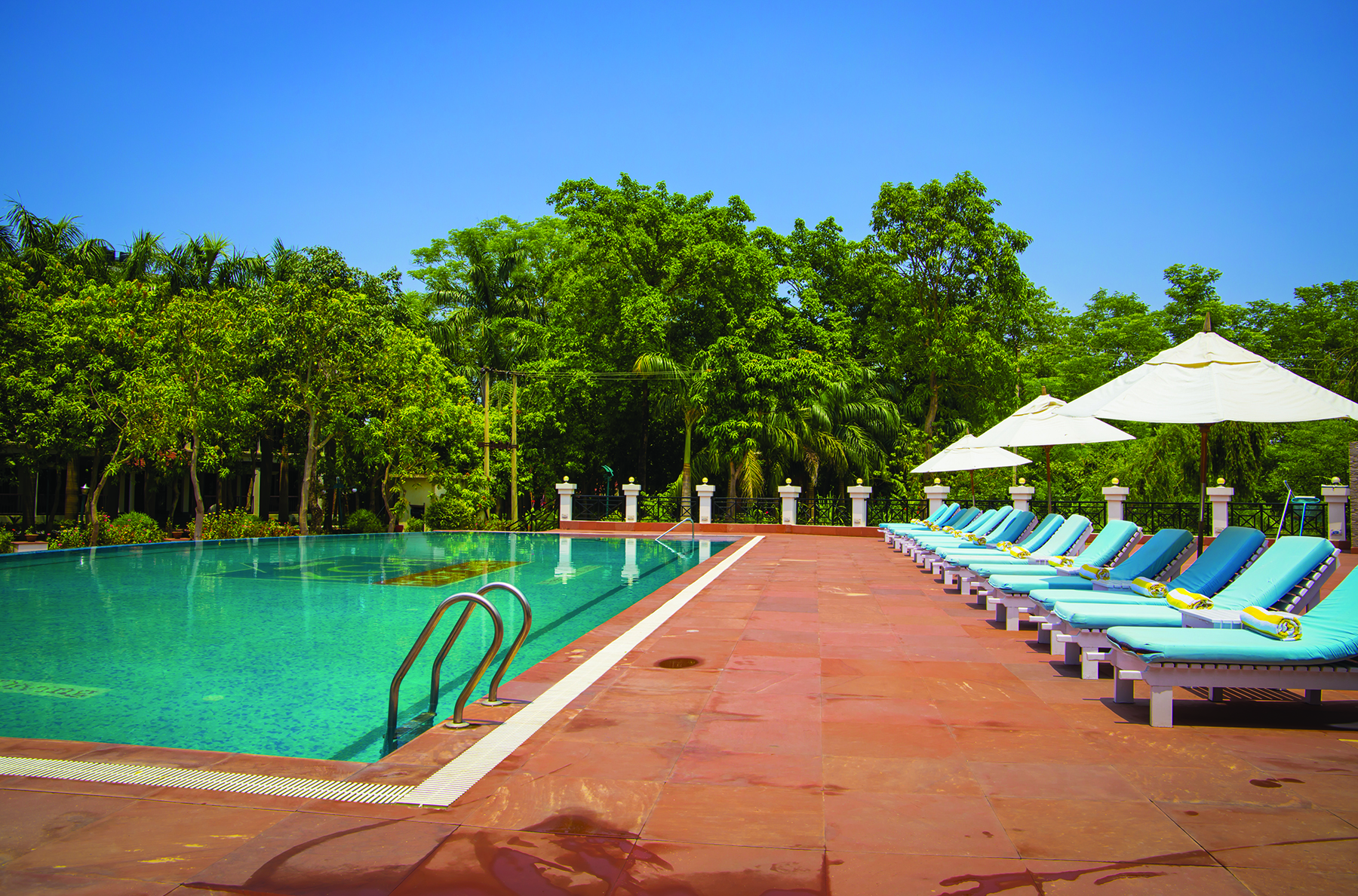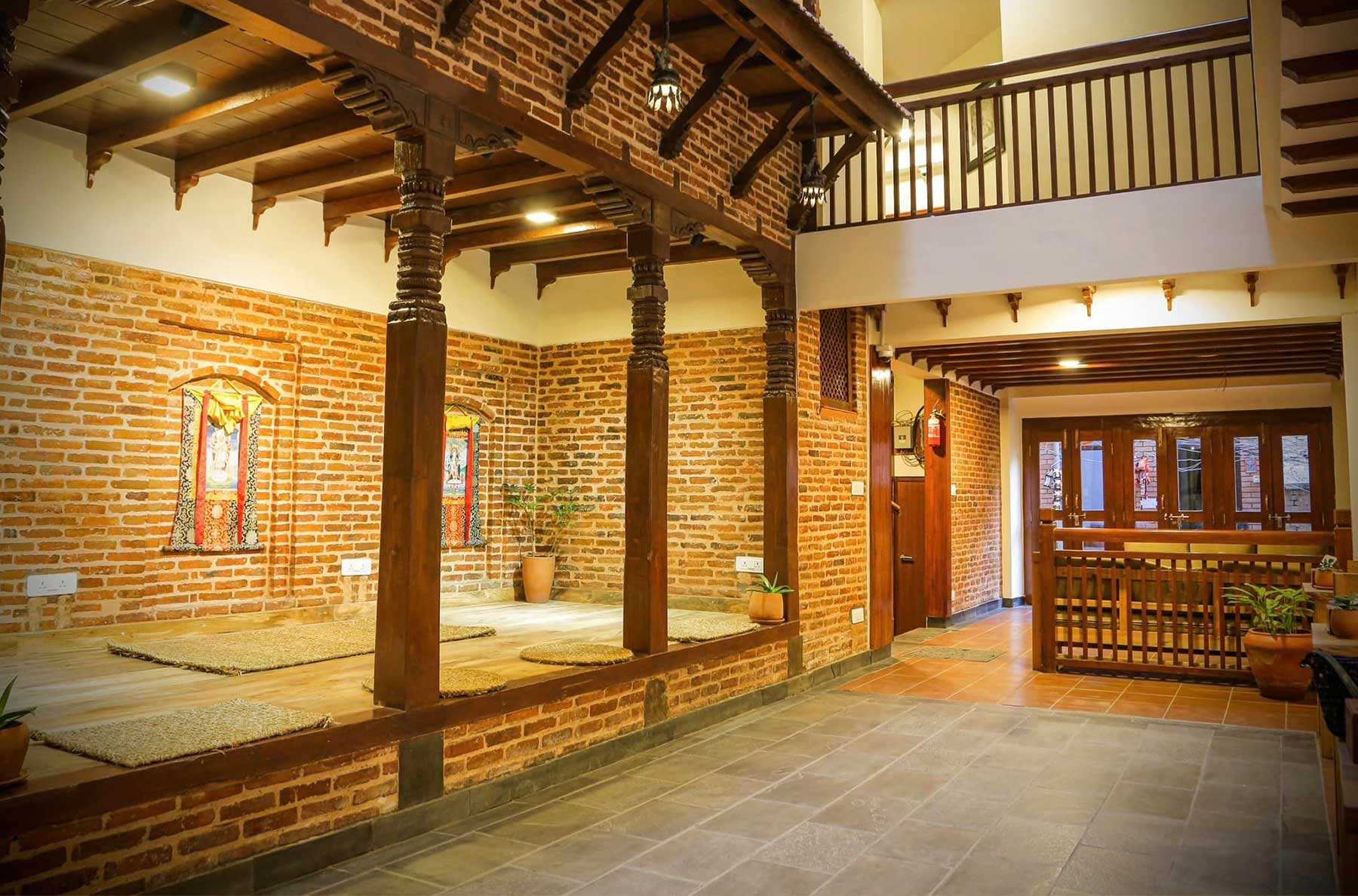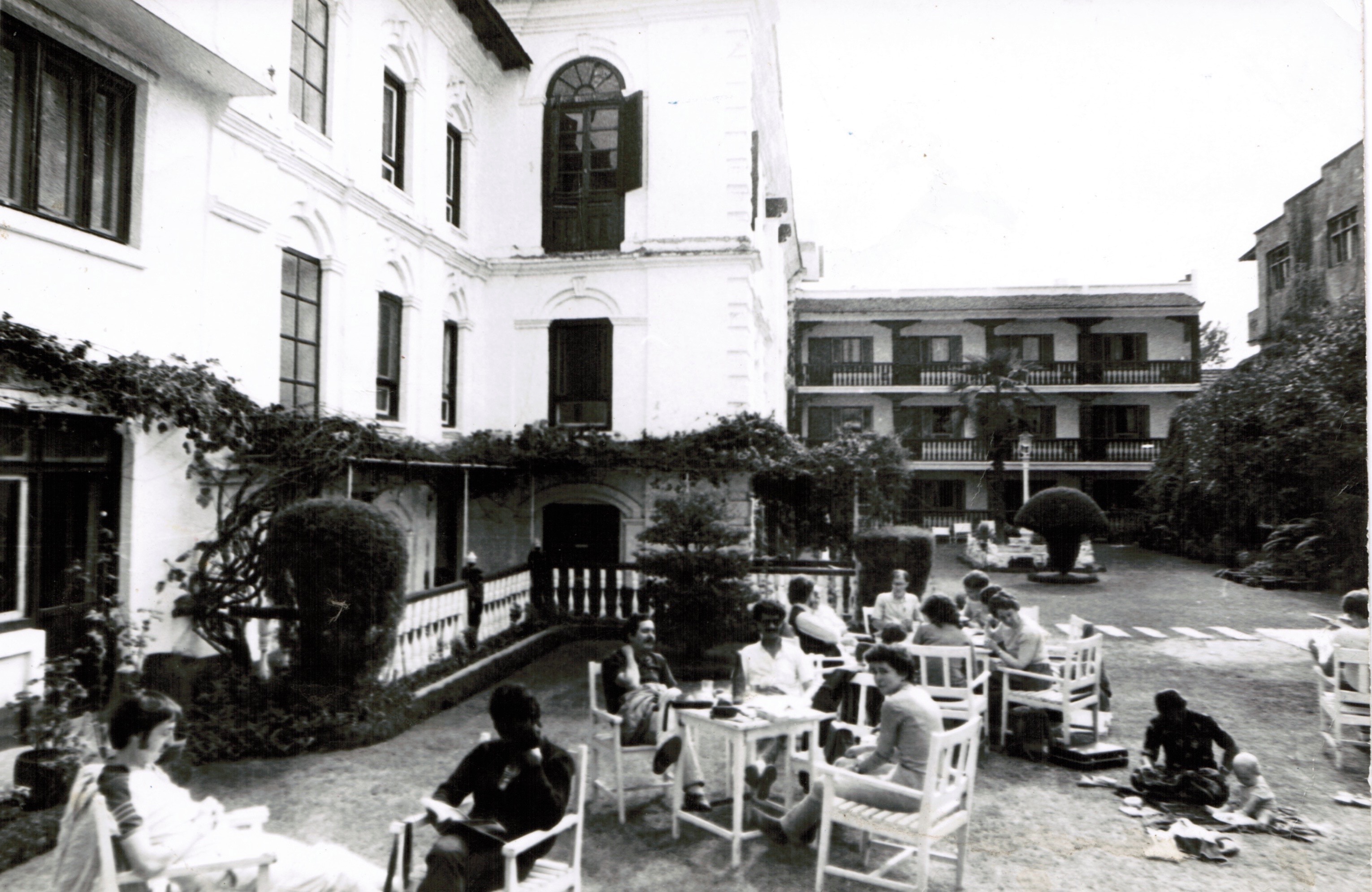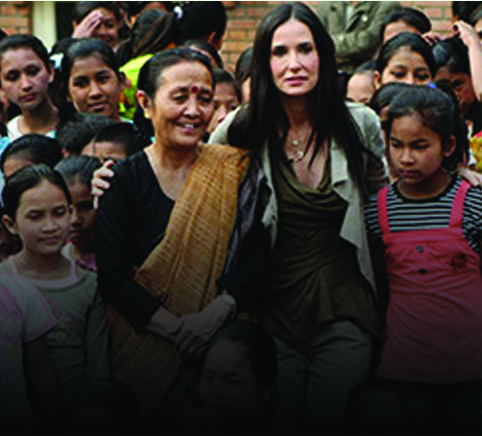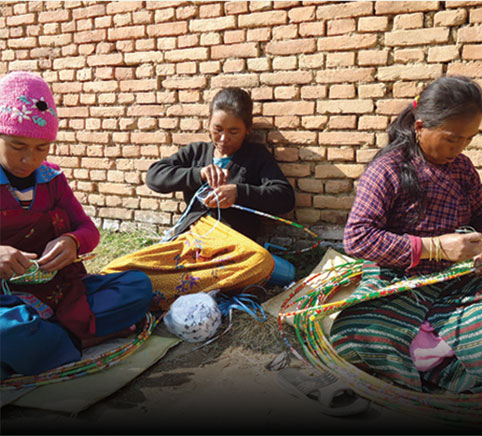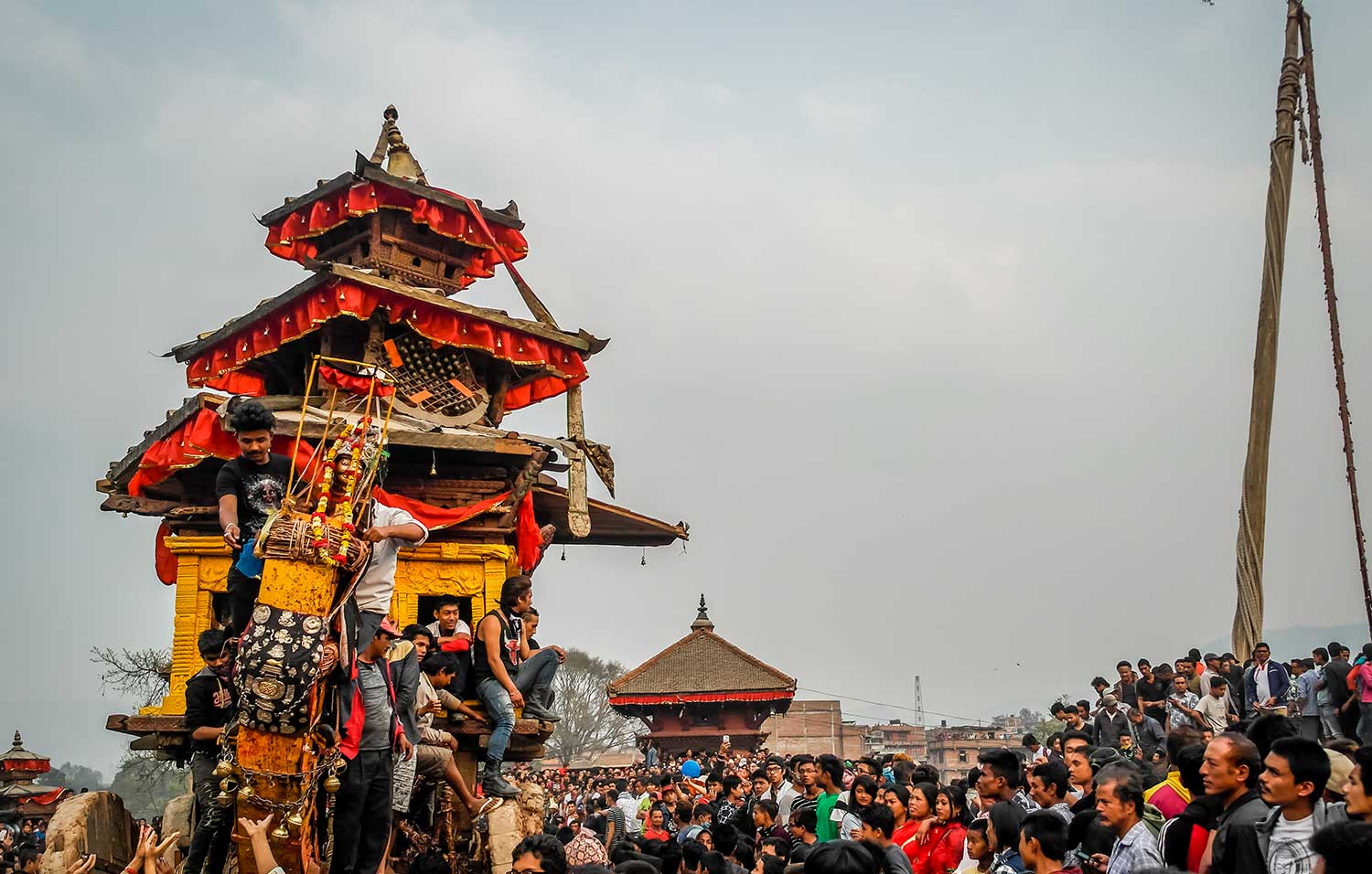Established 1968, KGH Group of Hotels and Resorts is Nepal’s leading hotel chain with 7 eco-friendly hotels under its flagship. Karna Sakya, founder of KGH Group, is hailed as the father of tourism in Nepal. He has been given credit for putting Nepal on the tourist map. He is renowned for opening the Kathmandu Guest House in 1968, the company’s first hotel which was instrumental in starting adventure tourism in the country and creating the famous tourism hub of Kathmandu – Thamel.
Many renowned writers, mountaineers, researchers and artists have come and left their footprints at our hotels. The KGH Group today has grown from 13-room Guest House in Thamel that hosted the hippies and the mountaineers to a 500 room hotel chain in all the popular tourism destinations of Nepal.
Under the famous Pomelo tree in the KGH gardens, where once you could spot a celebrity like Tony Wheeler, founder of Lonely Planet writing a book, today we continue to host technology savvy travelers in their laptops and cell phones along with international pop stars like Ricky Martin and Jeremy Irons who prefer to stay in a homegrown brand like KGH rather than the popular five stars of the world.



